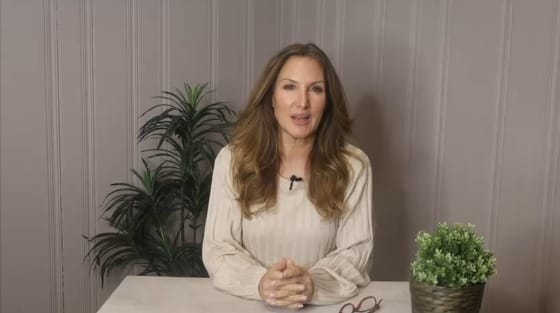
For over 14 years, we've fiercely defended against debt collectors and banks, holding them accountable for FDCPA and TCPA violations.
Rest assured, you'll never face legal fees with us, and we're committed to delivering optimal solutions for your claim's resolution.
Our law firm's philosophy: Client-centered service with integrity, innovation, and excellence at its core.


Trustindex verifies that the original source of the review is Google. I’m so thankful that we talked about me being harassed and this law firm handled it asap, absolutely no money involved yes no money got it done in 2 months thank you now I feel better and back on track I really appreciate y’allTrustindex verifies that the original source of the review is Google. I had a great experience with them. They handled my case professionally and kept me informed every step of the way. What impressed me most was that they did everything for free, yet provided top-notch service. The outcome was excellent, and I’m very satisfied. Highly recommend them!Trustindex verifies that the original source of the review is Google. I had an amazing experience with Consumer Rights Law Firm. They handled my case with professionalism, clarity, transparency, and ease, not to mention with such speed! I definitely recommend their services.Trustindex verifies that the original source of the review is Google. You do NOT have to tolerate harassment!!! A-men to this firm for existing!!! Going into this, I never imagined I’d receive anything more than coverage of my legal fees. Instead I got a cease and desist, my attorneys fees paid, my debt paid and some money for myself. Also immediate responses, assuring me. Again, you do NOT have to tolerate harassment!! This firm WILL take care of you!!! I can’t thank them enough, honestly. This gives me newfound peace and hope….👊😻Trustindex verifies that the original source of the review is Google. Nothing but good things to say about Consumer Rights! They not only handled my situation with the utmost amount of professionalism, promptness, and client care, they also guaranteed that no money came out of my pocket! Absolutely recommend!Trustindex verifies that the original source of the review is Google. I only had to make one call to them and they handled my case professionally. They let me know I wouldn’t have to pay anything out of pocket which was true and I was able to get the situation resolved within a timely manner. I definitely recommend them. Great work. Great communication. Excellent serviceTrustindex verifies that the original source of the review is Google. Matthew went above and beyond for my case against a debt collector! He handled it professionally and very quickly! Very impressed with this law firm for harassment against debt collectors! Give Matthew a call and let him help you too!Trustindex verifies that the original source of the review is Google. Excellent experience. Super helpful. Took a huge burden off my mind, kept me in the loop and got the job done. Highly recommend. Thank you!Trustindex verifies that the original source of the review is Google. They get the job done! Thank you Consumer Rights Law Firm for all your help! They are extremely professional, kind and courteous! 100% should anything go wrong this is the company you would want to be on your side!Load more
© 2025 Consumer Rights Law Firm PLLC. All Rights Reserved.
Suing a debt collector can be a complex and challenging process, but it’s possible to seek justice if you believe the collector has violated your rights under the Fair Debt Collection Practices Act (FDCPA). Here’s a general overview of the steps involved in suing a debt collector:
You may bring a lawsuit against the debt collector in state or federal court. In the lawsuit, you must prove that the debt collector violated the FDCPA. If successful, you might be able to collect $1,000 in statutory damages, and possibly more if you suffered harm from the violations.
Keep detailed records of all communication and interactions with the debt collector, including dates, times, and content of phone calls, letters, or emails. Note any instances where the collector has violated the FDCPA, such as harassment, false representations, or failure to provide validation of the debt.
Consider seeking legal advice from a consumer rights attorney who specializes in FDCPA cases. An experienced attorney can assess your situation, determine if you have a viable case, and guide you through the legal process.
Suing a debt collector requires careful preparation, persistence, and legal expertise. Working with an experienced attorney can increase your chances of success and help you obtain the justice and compensation you deserve for FDCPA violations.
By taking these steps and standing firm against unfair debt collection practices, you can effectively fight a collection agency and protect your rights as a consumer.
Our attorney has more than 14 years of experience with fighting debt collection agencies, visit his profile page here, attorney profile.